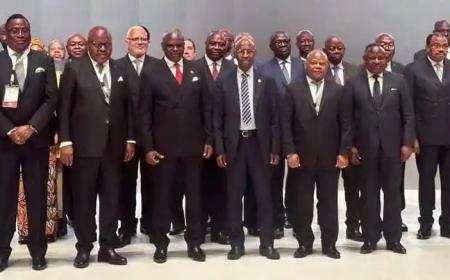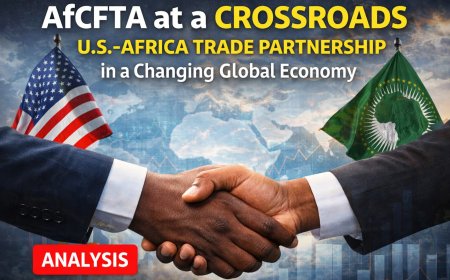The Impact of Sponsorship Over Mentorship: Why Sponsorship is Crucial for Entrepreneurs at the Crossroads of Global Impact
Mentorship builds wisdom, but sponsorship unlocks access, capital, and global opportunities. Learn why sponsors are vital for entrepreneurs scaling beyond local success.

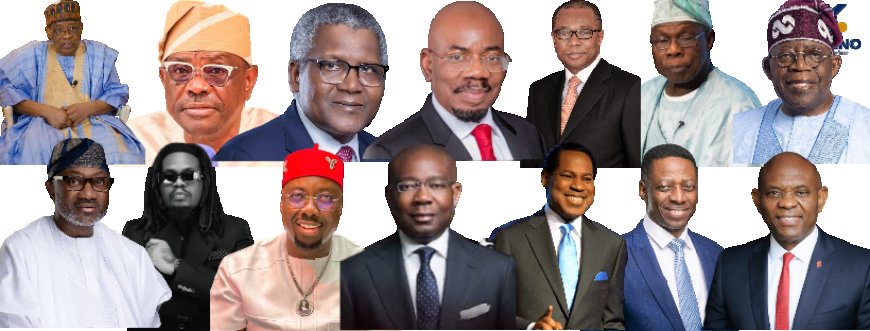
List of Great Leaders Who Are Both Mentors And Sponsors In Nigeria
You’ve heard it a thousand times: “You need a mentor.” And it’s true. For any entrepreneur, a good mentor is like a compass. They offer wisdom, share hard-earned lessons, and help you navigate the treacherous early stages of your journey. They answer your questions and help you see around blind corners.
But what happens when you’ve outgrown the map? When the questions are no longer “How do I start?” but “How do I break into that market?” or “How do I secure a meeting with that investor?”
At this critical crossroads, where ambition meets the daunting reality of scaling, mentorship, while valuable, often isn't enough. What you need is a sponsor.
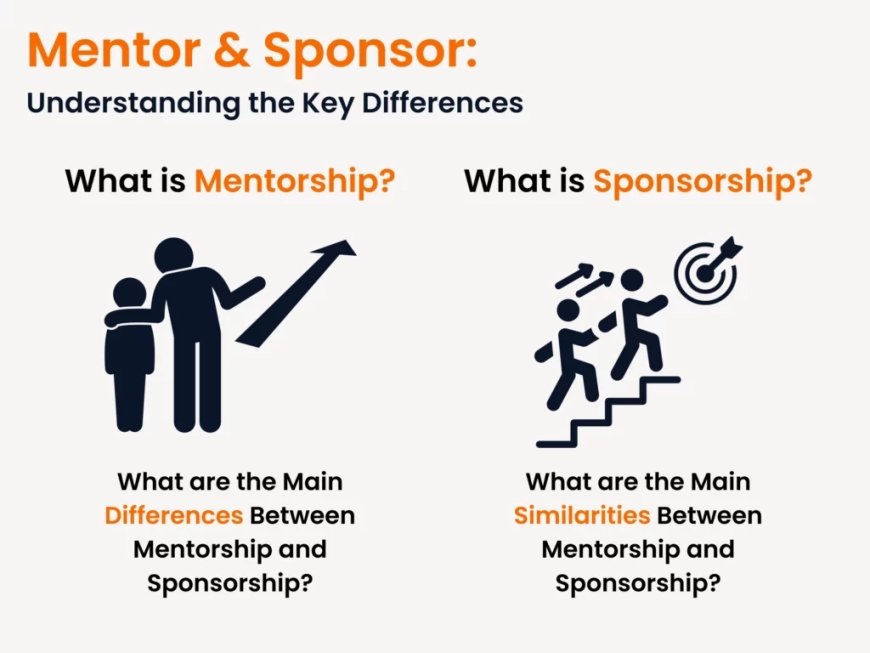
Mentorship vs Sponsorship: Knowing the Difference
Let’s be clear: this isn’t about pitting mentorship against sponsorship. They are complementary forces in a thriving entrepreneurial ecosystem. But understanding their distinct roles is the first step to leveraging them effectively.
Think of it this way:
-
A mentor talks with you. They offer advice, guidance, and a supportive ear. Their primary currency is wisdom.
-
A sponsor talks about you. They use their influence, capital, and network to actively advocate for you. Their primary currency is opportunity.
A mentor helps you polish your pitch. A sponsor brings you into the room and introduces you to the person who writes the cheque.
|
Aspect |
Mentor |
Sponsor |
|
Primary Role |
Advisor, Guide, Sounding Board |
Advocate, Champion, Door-Opener |
|
Relationship |
Often informal based on shared knowledge |
Often more formal based on demonstrated potential |
|
Key Action |
Gives advice and shares experience |
Provides access and takes a risk on you |
|
Focus |
Personal and professional development |
Career and business advancement; tangible growth |
|
Measurement |
Hard to quantify; personal growth |
Easier to quantify; deals closed, funding secured |
This distinction is crucial. For entrepreneurs poised to move from a great idea to a globally impactful enterprise, both are needed, but the active, forceful push of a sponsor is often the missing link.
The Limitations of Mentorship Alone
Don’t get me wrong—mentorship is the bedrock. It’s where foundational skills are built. In the context of entrepreneurship in Nigeria and across Africa, mentorship programs have been instrumental in fostering a new generation of business leaders. They teach financial literacy, operational efficiency, and strategic planning.
But there’s a ceiling.
You can have the most brilliant mentor in the world, but if you can’t get your foot in the door of a major investment firm or a global supply chain, your growth will plateau. Guidance alone cannot overcome systemic barriers like lack of access to capital or exclusion from influential investor networks.
This is the great paradox for many talented founders. They have the vision, the product, and the drive, but they lack the social capital—the connections and credibility—to take the final, decisive leap. They are stuck at the crossroads, with a mentor pointing the way but no vehicle to get them there.
ADVERT:
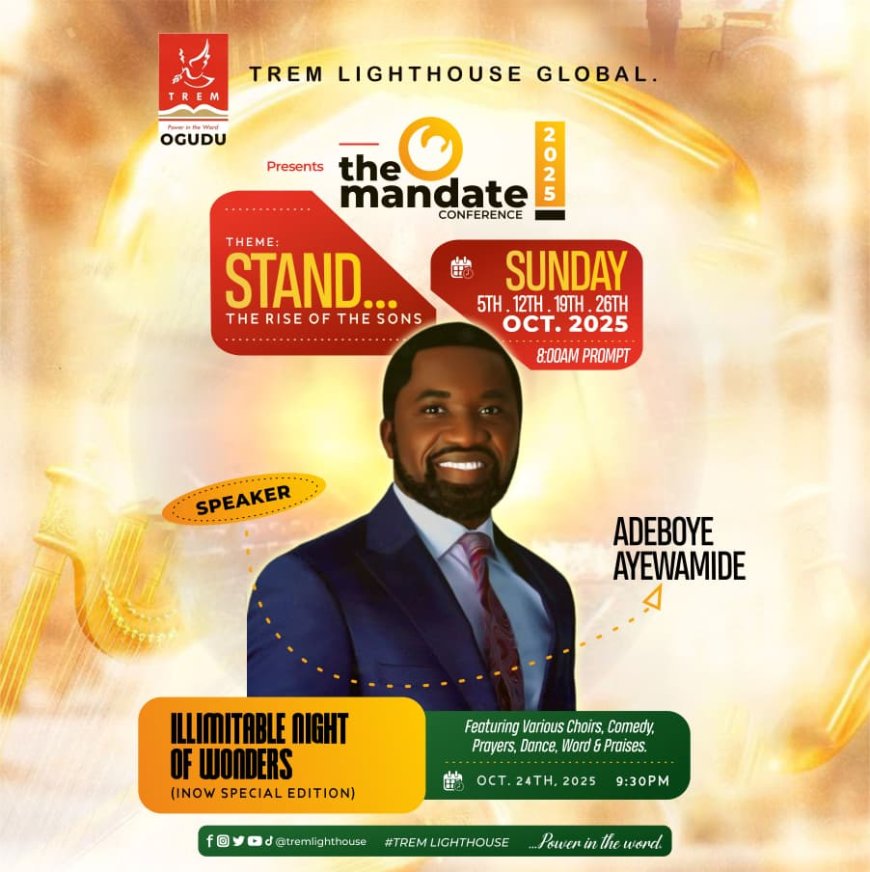
See Also:
- The Strategic Partner Every Institution Needs: How KREENO Strengthens Debt Recovery and Asset Protection in Nigeria
- Access Holdings Director Roosevelt Ogbonna Resigns From Board, Remains Access Bank MD
- From Transactions to Trust: How Borrower Orientation is Reshaping Nigeria’s Financial Future
The Case for Sponsorship as a Growth Accelerator
This is where sponsorship shifts from a luxury to a necessity. A sponsor doesn’t just tell you the path; they help you build the highway.
Sponsorship provides the critical assets that advice alone cannot:
1. Access to Funding and Capital: A sponsor doesn’t just advise you on your pitch deck; they can make a direct introduction to a venture partner or, in some cases, invest directly. Their endorsement acts as a powerful signal of trust that de-risks you in the eyes of other investors. For an entrepreneur, this backing is the rocket fuel for business growth in Africa.
2. Influential Networks: Your network is your net worth. A sponsor plugs you into their ecosystem. This isn’t just adding connections on LinkedIn; it’s about being personally vouched for in rooms you couldn’t otherwise enter. These networks are where partnerships are born and transformative deals are made.
3. Visibility and Strategic Backing: A sponsor uses their platform to amplify you. They might nominate you for a prestigious award, invite you to speak at a major industry conference, or feature your company in their corporate communications. This visibility is priceless for scaling businesses globally and establishing credibility in new markets.
A powerful example is the story of Babban Gona, a Nigerian agricultural social enterprise. While mentors were crucial in refining their model, it was sponsorship from global entities like the Swiss Re Foundation that was truly transformative. Swiss Re didn’t just advise; they co-created and piloted Nigeria’s first-ever weather index insurance for smallholder farmers. This sponsorship provided not just capital but immense credibility, opening doors to further investment and partnerships on a global scale.
This aligns with research highlighted by the World Economic Forum, which found that initiatives like the 100+ Accelerator program backed by corporate giants like AB InBev and Coca-Cola succeed because they go beyond mentorship. They provide startups with "entry into corporate supply chains, global customer bases, and six-figure capital commitments." This is sponsorship in action.
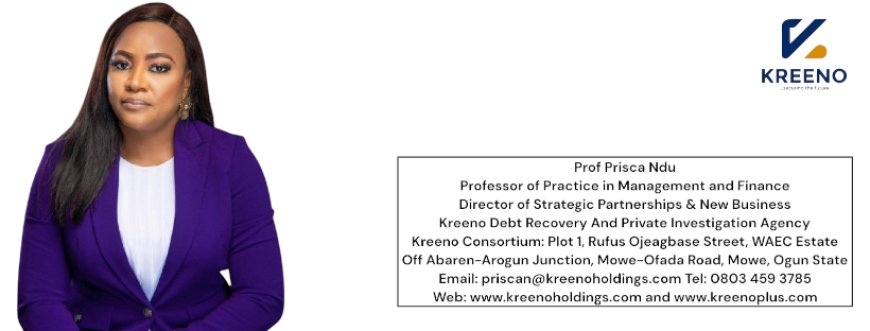
Positioning Sponsorship as Essential for Global Impact
This isn’t just about building bigger businesses; it’s about solving bigger problems. The most pressing challenges we face—from climate change to financial inclusion—require solutions that can operate at a global scale.
Global impact entrepreneurship demands more than a brilliant local solution; it requires the capacity to replicate, adapt, and scale across borders. This is the crossroads where so many promising ventures stall.
A sponsor is the catalyst that prevents this stall. They provide the strategic backing to navigate complex international regulations, the partnerships to establish distribution channels in new continents, and the credibility to attract talent and investment from around the world.
Programs like SAP’s commitment to allocate 5% of its procurement budget to social enterprises are a masterclass in corporate sponsorship. It’s not a charity program; it’s a strategic partnership that integrates ambitious entrepreneurs into a global value chain, giving them the stable revenue and market access needed to scale their impact exponentially.
Read Also:
- The Role Of Professional Ethics In Law Enforcement: Safeguarding Justice, Integrity, And Public Trust
- Access Holdings Director Roosevelt Ogbonna Resigns From Board, Remains Access Bank MD
- A Journey of Transformation: Celebrating Dr Ohio O. Ojeagbase FICA, FIDR
The Call to Action: Building Bridges at the Crossroads
So, what does this mean for the ecosystem?
For Youth entrepreneurship advocates and incubators, the goal must evolve. It’s no longer enough to just build mentorship programs. We must be intentional about creating structured sponsorship opportunities Nigeria and Africa-wide. This means:
-
For Corporations and Successful Leaders: Look beyond advisory roles. Actively identify high-potential entrepreneurs and use your influence to sponsor them. Take a risk on them. Introduce them, invest in them, and partner with them. The return on investment—both financial and social—can be profound.
-
For Entrepreneurs: While seeking mentors, also be on the lookout for potential sponsors. How? By delivering exceptional results and demonstrating undeniable potential. Sponsors bet on proven performers. Show up, execute flawlessly, and make it easy for someone to believe in you enough to put their reputation on the line.
-
For the Ecosystem: We need to create more platforms that facilitate these connections. Pitch competitions judged by actual investors, corporate innovation challenges with real procurement opportunities, and forums where seasoned executives can meet the next generation of founders not just to advise, but to advocate for them.
Conclusion: From Guidance to Advocacy
Mentorship gives you the wisdom to walk the path. Sponsorship gives you the keys to a faster vehicle and clears the road ahead.
In the end, the most successful entrepreneurial ecosystems will be those that recognize the unique and powerful role of both. As we strive to build businesses that don’t just succeed but truly transform our world, we must move beyond guidance and actively champion advocacy.
The question for every entrepreneur standing at the crossroads is no longer just “Who is your mentor?” but “Who is your sponsor?” Finding the answer to that could be the difference between a local success story and a global legacy.

Q & A
“How can I practically position myself to attract and sustain the attention of someone who is both a mentor and a sponsor in Nigeria’s business and professional landscape?”
A person can be both a mentor and a sponsor, but it is rare. In practice, you will find many mentors, but fewer true sponsors. When one person embodies both roles, the impact is transformative because they provide both the wisdom to shape you and the power to position you.
In Nigeria’s context, the person must not only have experience but real clout. This means they are already at the table where decisions are made, whether in government, banking, oil and gas, tech, or corporate Nigeria. A sponsor without influence is just a mentor. They must also show a proven commitment to the success of others. Such a person has a history of lifting people, not just advising. You should look for evidence that they have helped others secure contracts, facilitated introductions, or vouched for people in critical rooms.
They also need both financial and social capital. In Nigeria, social capital is as powerful as financial capital. You want someone who can call a bank MD, an investor in Lekki, or a regulator in Abuja and get an answer. Integrity and credibility are equally vital. Nigeria’s business environment is fragile and reputation-driven, and a mentor-sponsor with questionable ethics can harm you more than they help. The right person should be known for integrity, reliability, and fairness.
The defining line between mentorship and sponsorship is the willingness to take risks on you. A true sponsor is ready to put their own credibility at stake for your growth. In Nigeria, this could mean recommending you for a government contract, new opportunities, staking their name in a boardroom even against all odds, or inviting you to partner on a major project. Beyond that, there must be strategic alignment. They should see potential in your vision that complements their own. Nigerians are pragmatic, and sponsorship often flows from mutual benefit. If your growth strengthens their legacy, business interests, or community impact, they are far more likely to play both roles. In summary, yes, a single person can be both mentor and sponsor. In Nigeria, you should look for someone with influence, networks, capital, integrity, and the courage to put their reputation behind you, not just give advice.
"..true sponsors are less threatened by protégés succeeding because they tend to have confidence and legacy in their own identity."
Kindly share this story:
Contact: report@probitasreport.com
Stay informed and ahead of the curve! Follow The ProbitasReport Online News Report on WhatsApp for real-time updates, breaking news, and exclusive content especially when it comes to integrity in business and financial fraud reporting. Don't miss any headline – and follow ProbitasReport on social media platforms @probitasreport
[©2025 ProbitasReport - All Rights Reserved. Reproduction or redistribution requires explicit permission.]
ADVERT:

What's Your Reaction?











